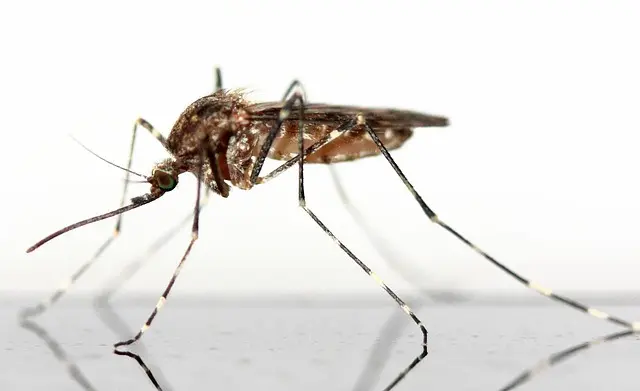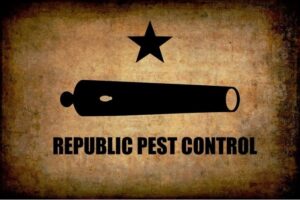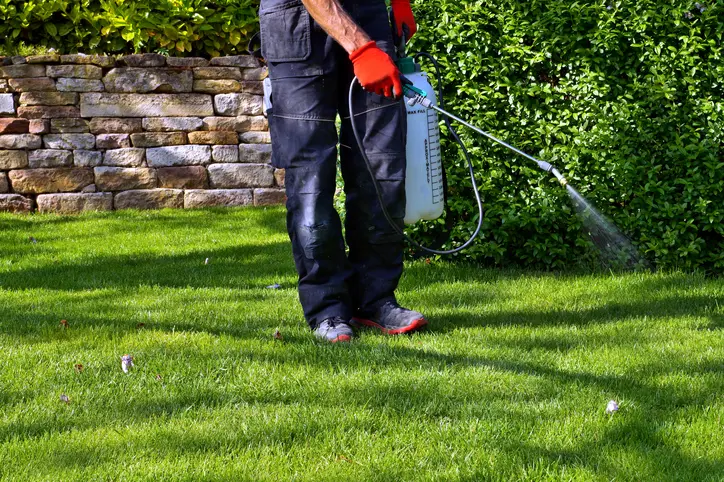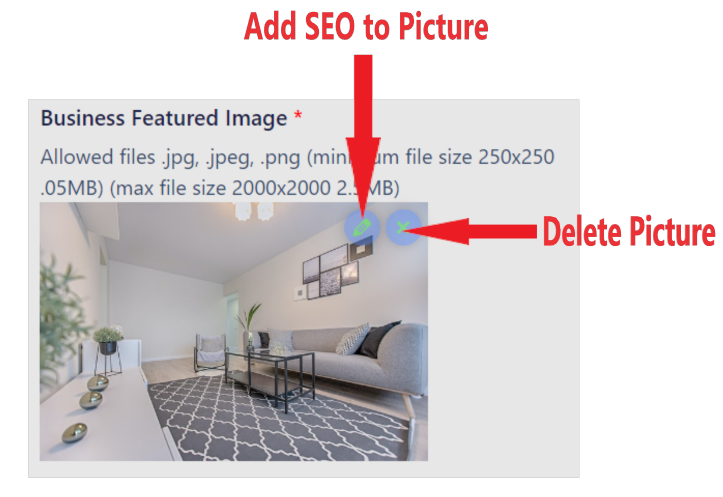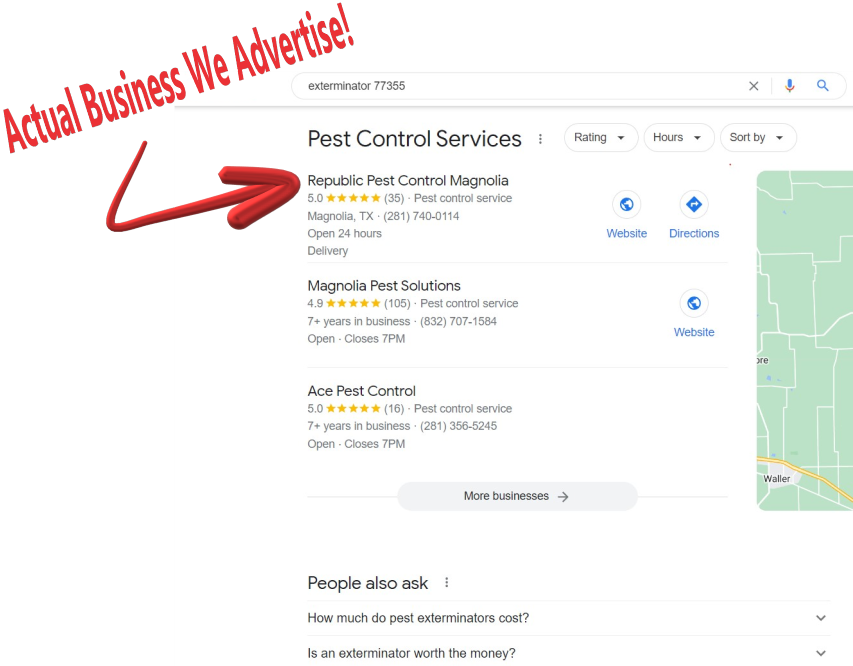Mosquitoes are not only a nuisance but also a health hazard, capable of spreading diseases like Zika, West Nile virus, and malaria. Effective mosquito treatment is crucial for public health and comfort. This guide explores various mosquito control strategies, integrating insights from Pest Control Magnolia, a leader in pest management solutions.
Understanding Mosquito Biology and Behavior
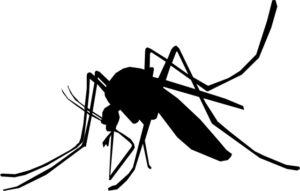
To effectively combat mosquitoes, it’s important to understand their biology and behavior. Mosquitoes lay eggs in standing water, and these can hatch into larvae within 48 hours. Therefore, managing any stagnant water sources around your property is a crucial step in mosquito prevention.
Traditional Mosquito Control Methods
Traditional methods for mosquito control include the use of insecticides and larvicides. These chemicals are effective in killing mosquitoes at different stages of their life cycle. However, it is essential to apply these treatments correctly to minimize environmental impact and health risks.
Adulticides
Adulticides are chemicals used to control adult mosquitoes. They are typically applied through fogging or spraying in areas where mosquitoes are most active. This method provides immediate relief from mosquitoes but may require repeated applications to maintain effectiveness.
Larvicides
Larvicides target mosquito larvae before they mature into adults. They are applied directly to water sources where mosquitoes breed. Using larvicides can significantly reduce the overall mosquito population by preventing new generations from reaching adulthood.
Innovative Mosquito Control Technologies
Advancements in technology have introduced new methods for mosquito control that are both effective and environmentally friendly. These include:
Mosquito Traps
Mosquito traps attract and capture mosquitoes using a combination of light, heat, and CO2 to mimic human breath. These traps are particularly effective in reducing mosquito populations without the use of chemicals.
Biological Control Agents
Introducing natural predators of mosquitoes, such as certain fish species or bacteria that infect and kill mosquito larvae, can be an effective biological control strategy. This method is environmentally friendly and sustainable over the long term.
Integrated Pest Management (IPM)
Integrated Pest Management (IPM) is a holistic approach to pest control that combines physical, biological, and chemical control methods. IPM focuses on long-term prevention of pests or their damage through a combination of techniques such as habitat manipulation, biological control, use of resistant varieties, and appropriate use of pesticides.
Professional Mosquito Control Services
For those looking for comprehensive mosquito control, Pest Control Magnolia’s services offer a robust solution. Professional services are particularly useful in areas with heavy mosquito infestations or for individuals who prefer not to handle pesticides themselves.
Why Choose Professional Services?
Professional pest control services provide several advantages:
- Expertise and Experience: Professionals have the training and experience to effectively identify mosquito breeding grounds and apply treatments safely and effectively.
- Advanced Tools and Techniques: Professionals use advanced tools and techniques that may not be available to the general public.
- Regular Maintenance: Many services offer regular maintenance plans to keep mosquito populations under control throughout the season.
Conclusion
Effective mosquito control is crucial for maintaining public health and personal comfort. Whether you choose DIY methods or professional services, it’s important to take a proactive approach to control mosquito populations. For more information or to schedule a consultation, visit Pest Control Magnolia.

